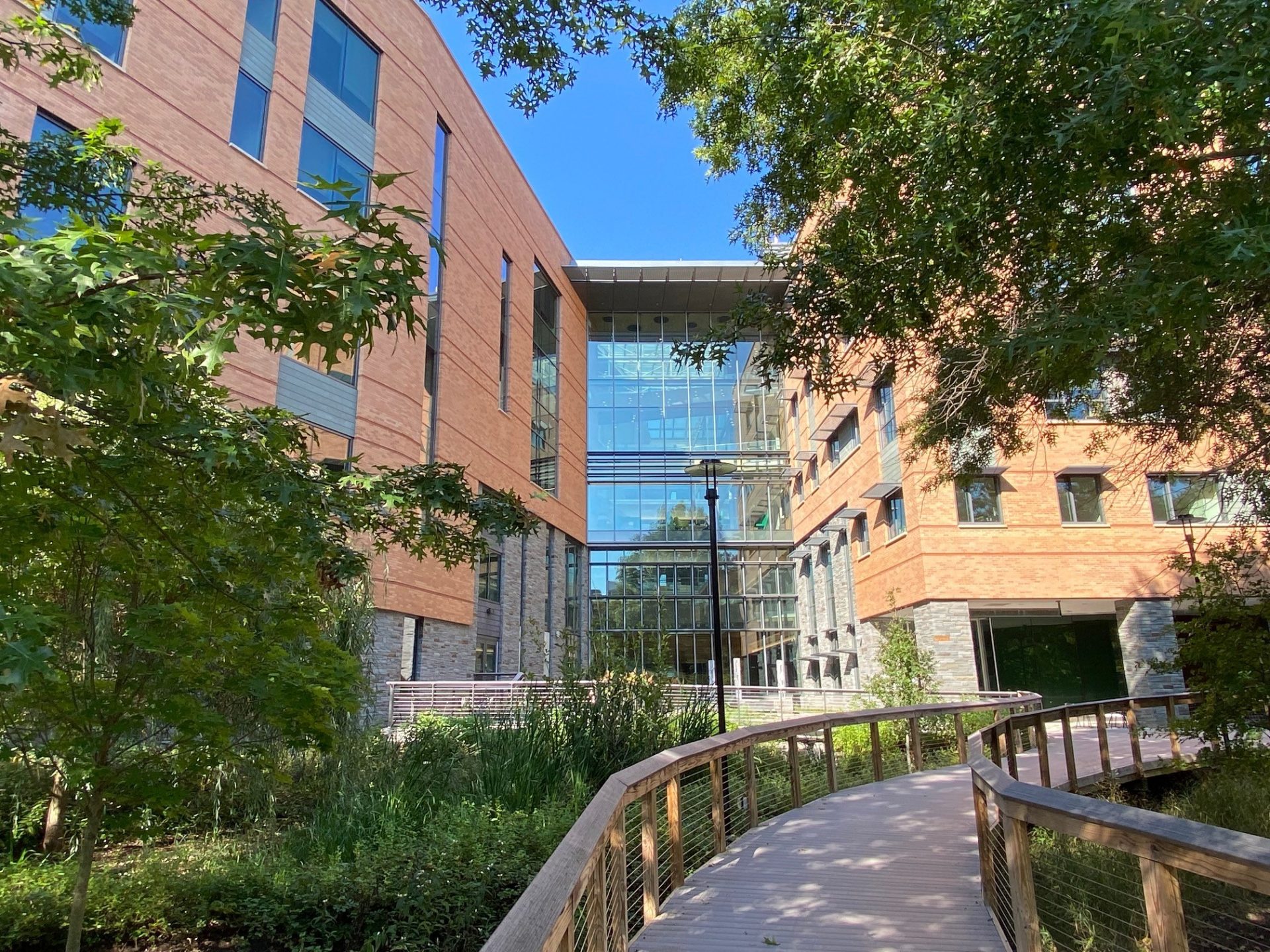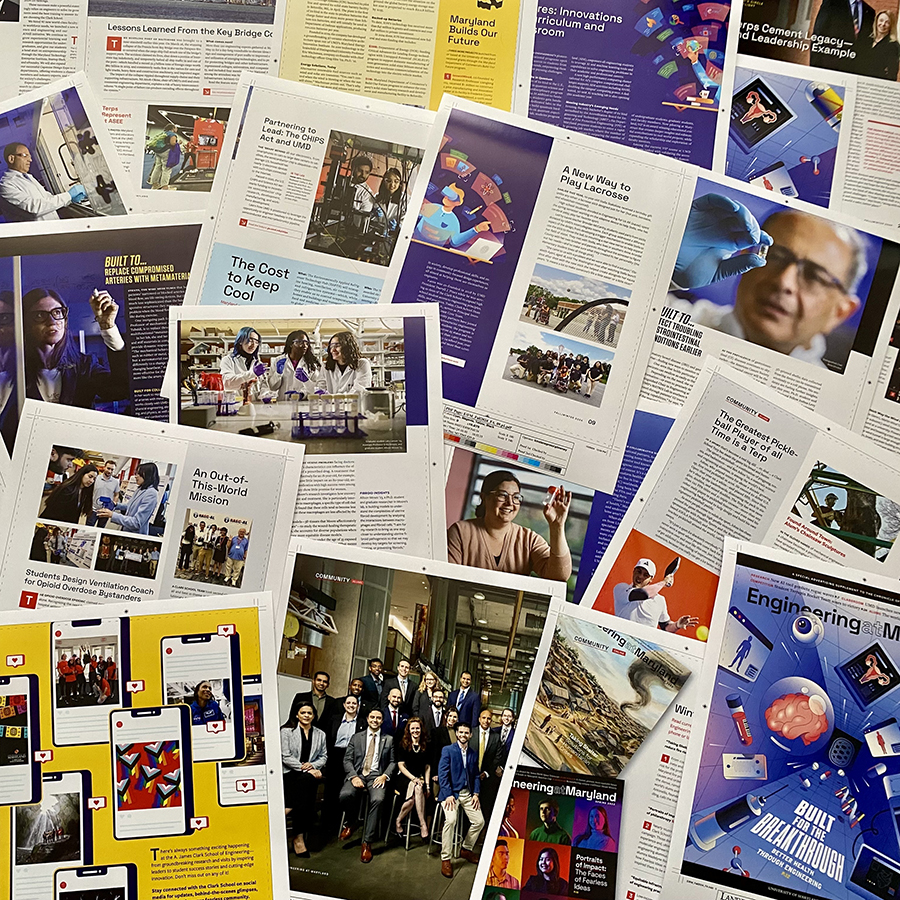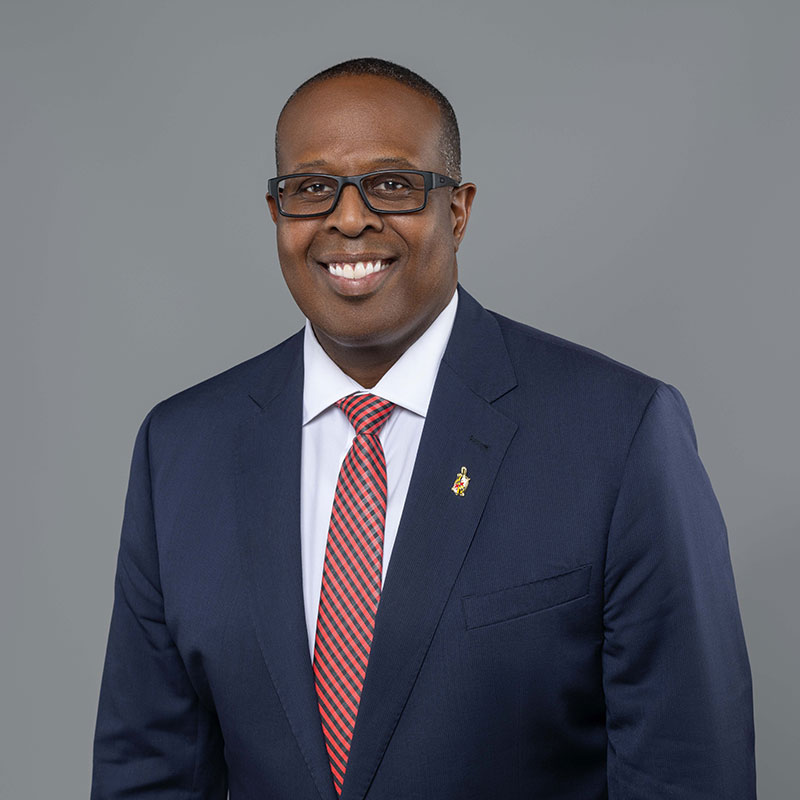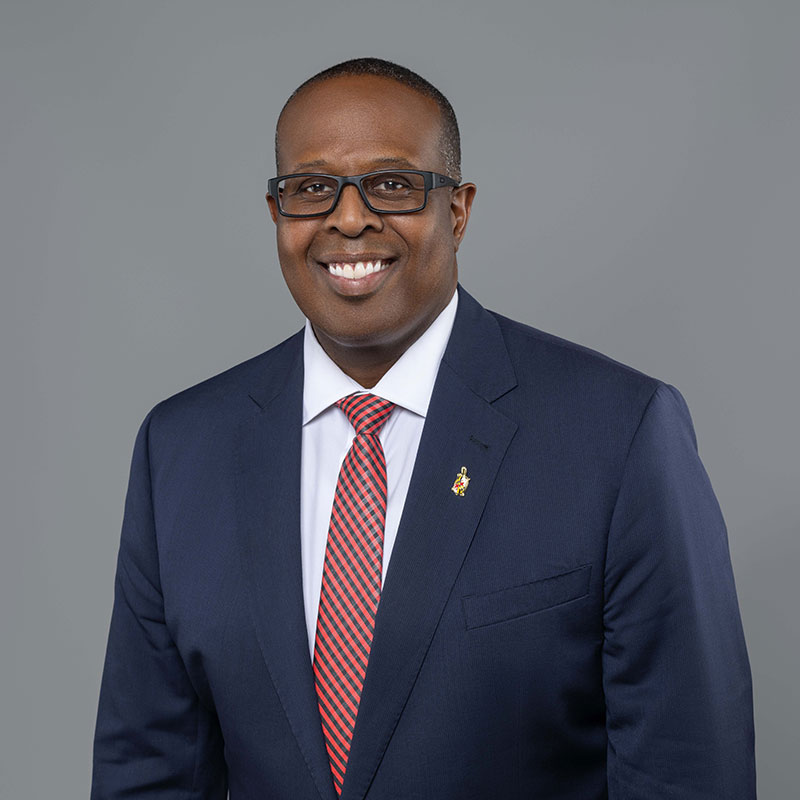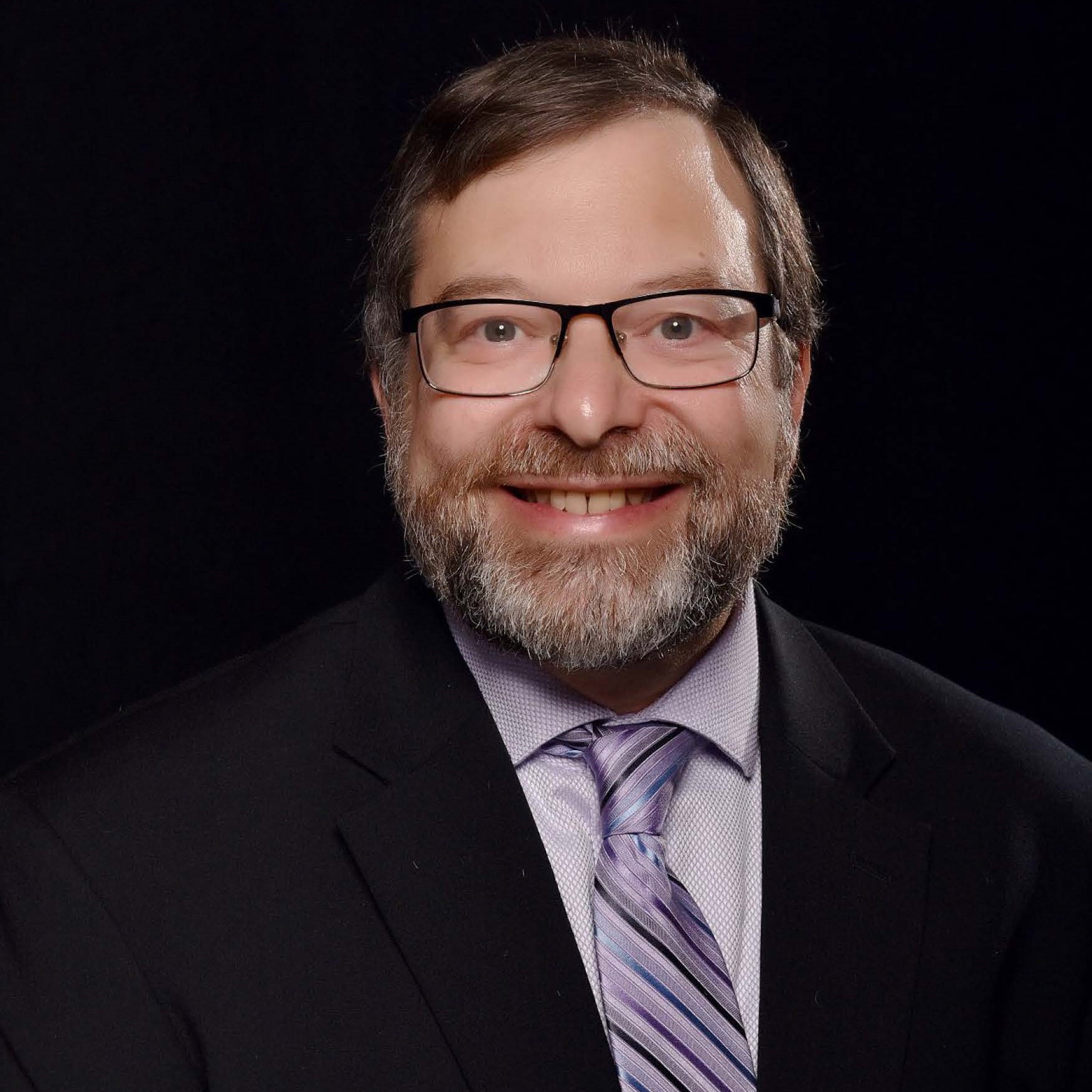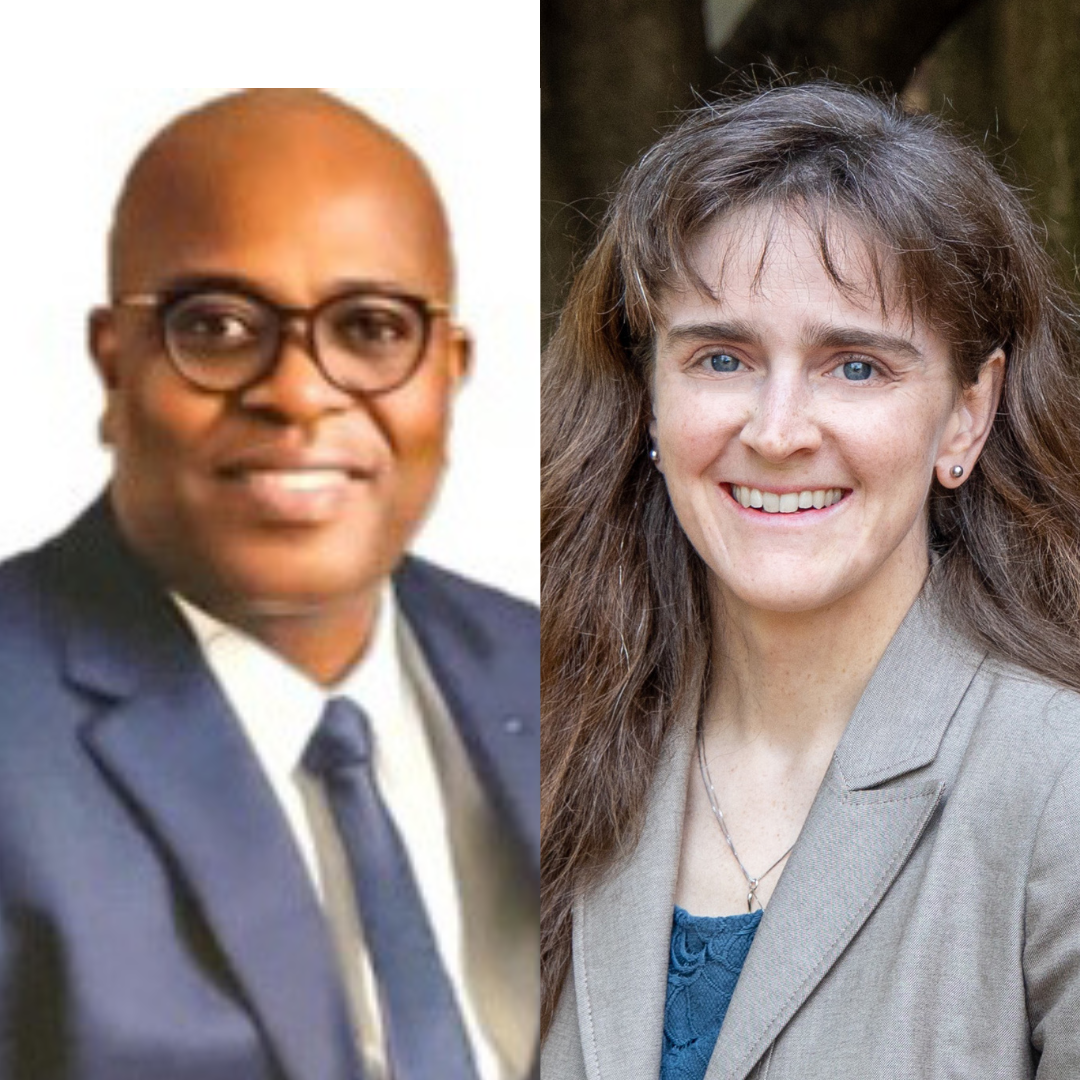News Story
From Community College to Ph.D.
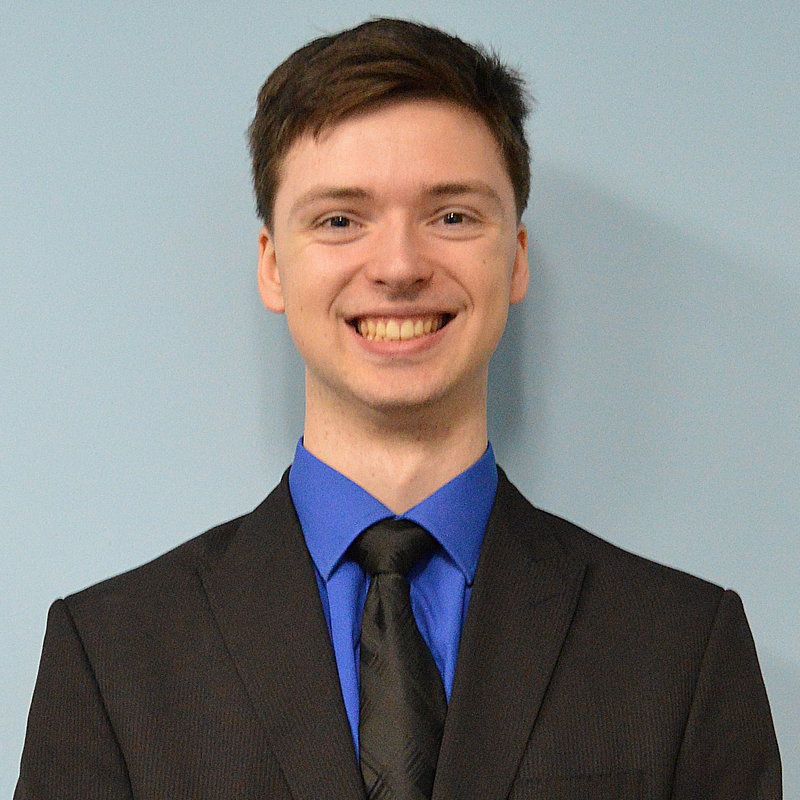
For the past six years, Dr. Nathanial (Nate) Ferlic was a familiar face to many in the Department of Electrical and Computer Engineering. During his time in the department, Ferlic held a number of positions from Texas Instruments Peer Mentor and Undergraduate Teaching Fellow to Teaching Assistant and Graduate Research Assistant. After earning his bachelor’s and master’s degrees in Electrical Engineering through UMD, he received his Ph.D. during the A. James Clark School of Engineering’s 2022 Commencement.
A former resident of Germantown, Md., Ferlic graduated from Northwest High School. After graduation, he attended Montgomery College, initially intending to study Electrical Engineering, but then discovering that he had enough coursework for an Associates of Science in physics. By taking advantage of the Maryland Transfer Advantage Program, he gained admission to the Clark School and received a scholarship through the Clark Opportunity Transfer Scholars Program, which is awarded to only approximately 20 new transfer students a year.
Once at Maryland, Ferlic found himself challenged in new ways, saying “the hardest part was trying to adapt to more difficult courses and the expectations of professors to pass classes.”
Compared to Montgomery College, the size of the classes required a major adjustment. Ferlic determined that it was necessary to become his own advocate and learned to ask questions and be persistent. When asked what his advice to incoming freshmen would be, he suggests that students take advantage of talking to faculty members, graduate students and others in the department to discover what their interests are, since many areas cannot be covered just within classes.
Ferlic credits Professor Julius Goldhar with helping him to hone in on his research interests. As an undergraduate in 2017, he received an opportunity to work in Goldhar’s lab, where he learned about quantum communications. From there, his interest in light, lasers and the quantum phenomena of light developed.
“Starting with Dr. Goldhar and quantum communication definitely set me up for the rest of my interests and research I worked on because a lot of the knowledge transferred from that field to the other,” explains Ferlic.
As a graduate student, Ferlic discovered that he particularly enjoyed his role as a teaching assistant in ENEE101, the Introduction to Electrical and Computer Engineering Class. Working with freshmen, he found that hearing their ideas, pointing them in the right direction as needed and being a mentor was particularly enjoyable.
When asked what he found memorable about ECE, he recognized the department staff as being an important part of the department, saying that “the staff were always there and helpful. It would have been hard to navigate the department if they were not involved”
Goldhar is very complimentary of the work Ferlic has accomplished. “I watched him grow from an undergraduate student to a professional scientist and a teacher. He started as a UTF (Undergraduate Teaching Fellow) and ended up effectively running ENEE101 for the next several years. He became the Super TA, teaching and supervising about a dozen UTFs for the class. Interacting with so many people, on so many different topics was quite a challenge, and Nate did a fantastic job.”
Through ECE’s B.S./M.S. program, Ferlic earned his master’s in electrical engineering in 2019. As a graduate student, Ferlic worked with Professor Chris Davis, who helped him expand his interest in optics. His Master’s thesis, “Forward Scattering Meter for Visibility Measurements,” discussed the effect of atmospheric aerosols on light, and his work earned him ECE’s 2019 Masters Student Research Award.
That same year, the University of Maryland Graduate School recognized Ferlic with a 2018-2019 Outstanding Graduate Assistant Award. The award recognizes the outstanding contributions that graduate assistants provide to students, faculty, departments, administrative units and the university as a whole. Award recipients are among the top two percent of GAs on campus in a given year.
Continuing to his Ph.D. program, Ferlic qualified for the Science, Mathematics, and Research for Transformation (SMART) Scholarship-for-Service Program, funded by the Department of Defense. This program is a one-for-one commitment providing full tuition, an annual stipend and more, in return for a year of service with the DoD for each year enrolled in the program. After a summer internship at the Naval Air Station Patuxent River, he was able to continue working with the same department to further the research needed for his Ph.D.
Ferlic continued to work with Davis, who served as his Ph.D. Advisor. Through a combination research work with Davis and continued work at the Naval Air Station, he was able to narrow down the subject of his dissertation, “Toward Photonic Orbital Angular Momentum as a Remote Sensing Modality Through Random Media.”
Post-Ph.D., Ferlic will carry on with his work at the Naval Air Station for at least three years as return investment to the SMART Scholarship Program. He will be studying the orbital angular momentum of light for future use in the fields of lidar, high-bandwidth communications, oceanic sensing and more. In addition, he has been learning to fly a Cessna 172 Skyhawk and looks forward to completing his pilot’s license.
His parting advice for ECE students? “School is tough so don’t forget to have fun and treat yourself kindly.”
Published July 19, 2022
